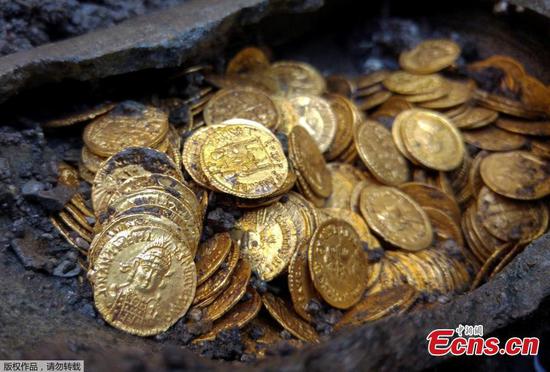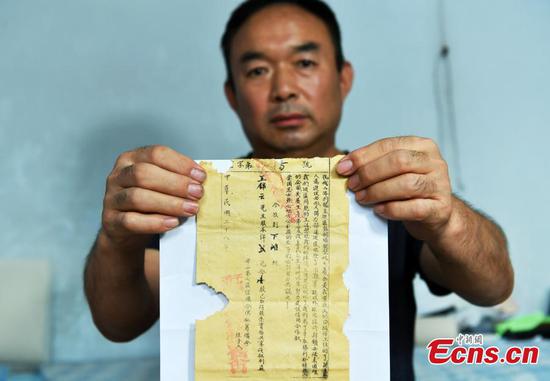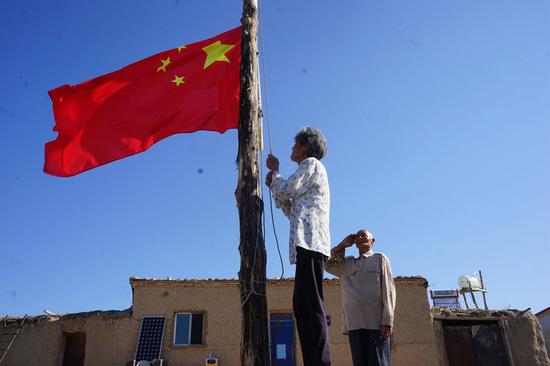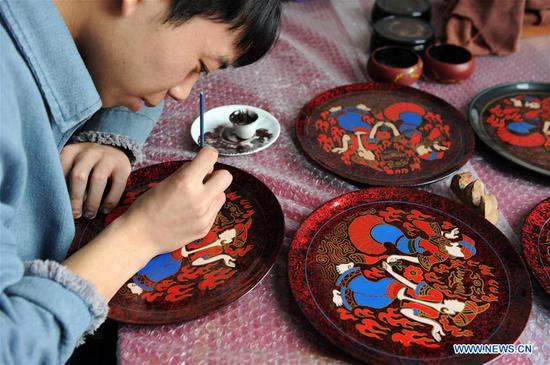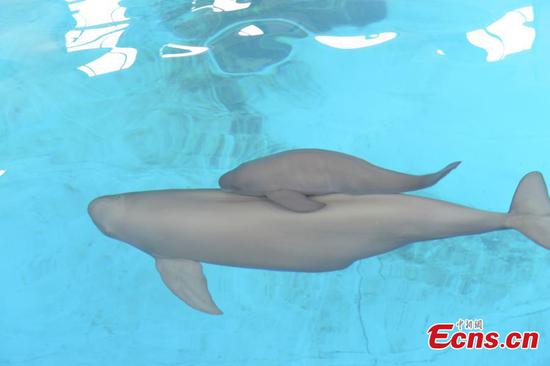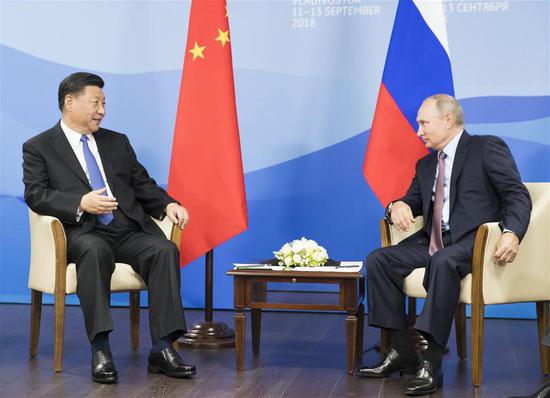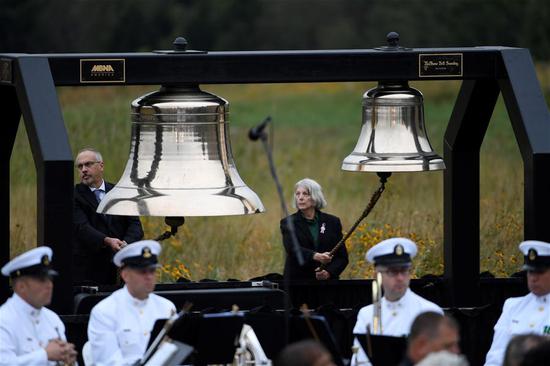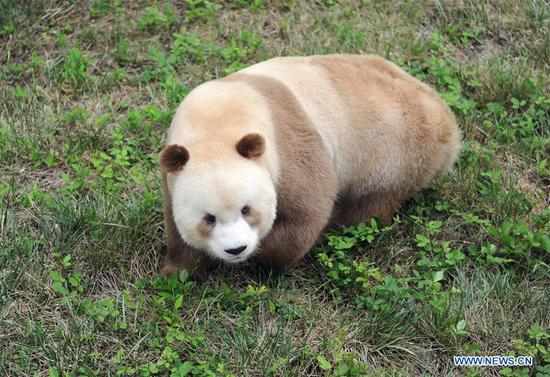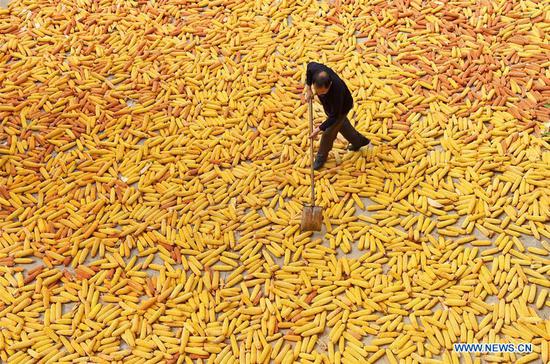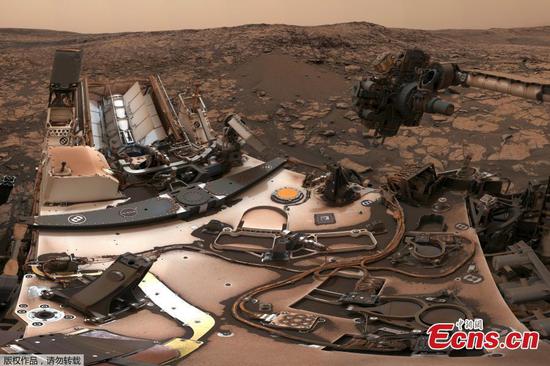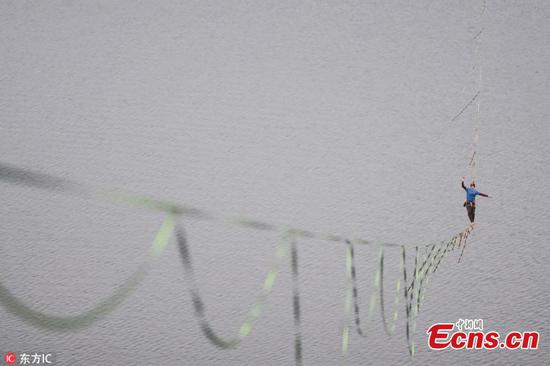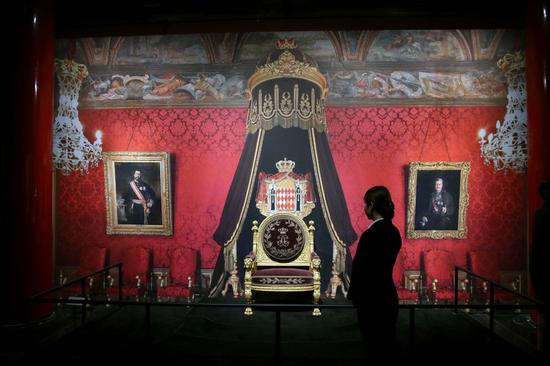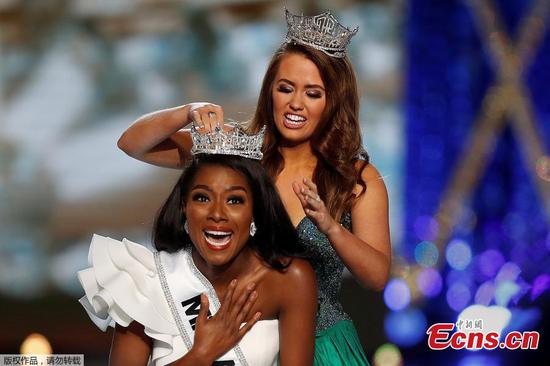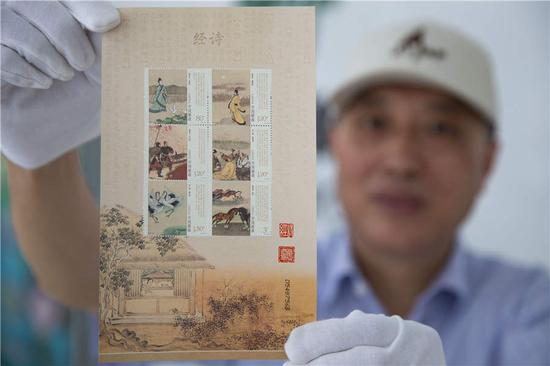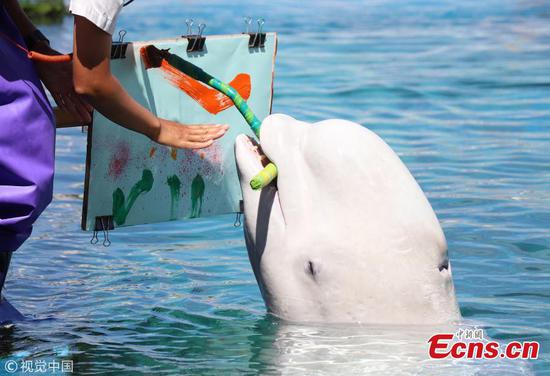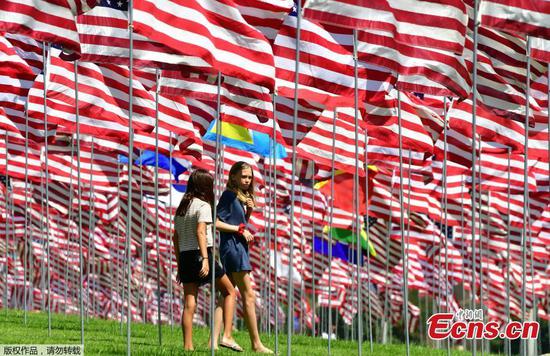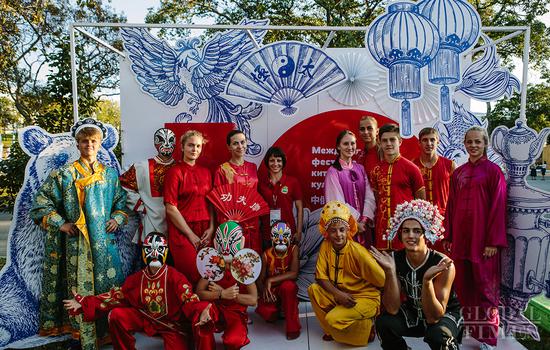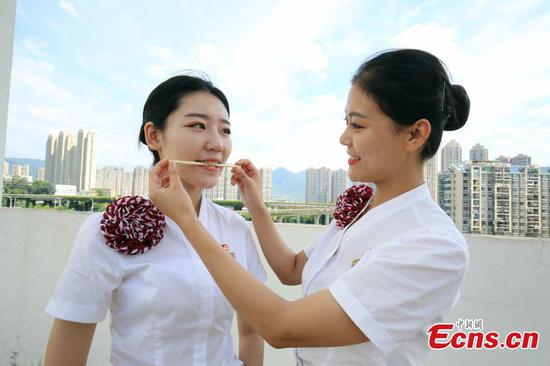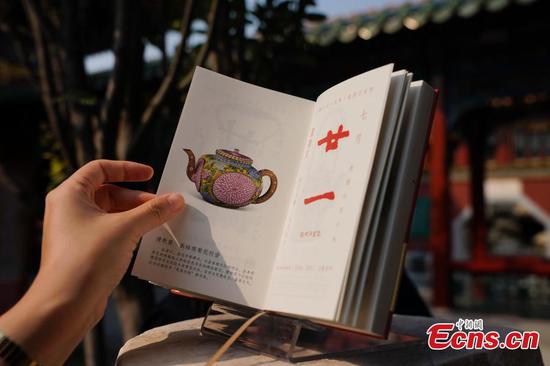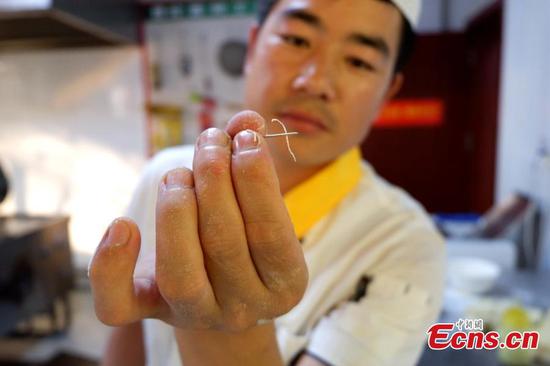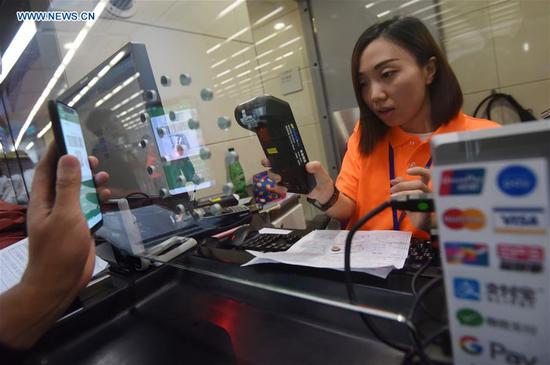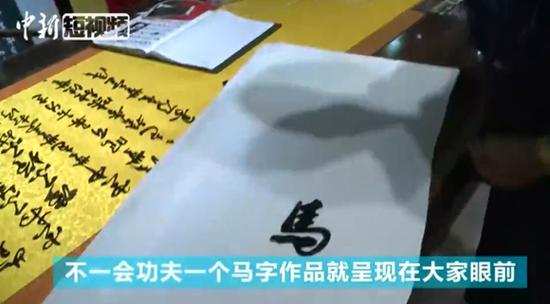Diversified aesthetic standards
Hours after Xinhua's editorial, the People's Daily published an article calling for people to understand and respect diversity in aesthetic standards. It said that whether a person chooses to be dainty or unkempt, it is that individual's own choice and a rational, mature and permissive society should be inclusive.
A person should be judged by their virtue rather than their appearance. People should focus on the interior and not put much weight on the exterior, said the report.
The report also criticized Xinhua's usage of the derogatory word "sissy," and called on celebrities who boast influence among teenagers to use their sense of social responsibility by being a more positive and upbeat image and displaying health and beauty.
The report also pointed out that in modern society, the range of things considered beautiful has broadened, providing people with more diverse lifestyle choices, and fostering more varied male aesthetic standards.
"Male and female in contemporary China is no longer distinct, and men and women are showing more mutual understanding and accommodation for each other after a long period of social development," said Zhang Yiwu, a professor from Peking University.
"It's not improper that a few actors show femininity, as Mei Lanfang and Cheng Yanqiu, the great cross-dressing opera actors who also paid great attention to their appearance in their daily lives, have been respected and admired by the country for a century for their patriotism and noble hearts," said Zhang.
A young man surnamed Zhu said that he hopes his children in the future, as well as his nieces and nephews, will be free from a fixed feminine or masculine personality stereotype. Men are entitled to be sensitive, which makes them more detail-oriented, and girls have rights to be brave so that they will grow strong-minded, as long as they are righteous and responsible.
Defending change
China's standard of male beauty has been changing considerably in the past decades.
Zhu Shimao was well-known to Chinese as well as a dream love for most Chinese girls in the 1980s after the release of Herdsman, a hit movie starring Zhu in 1982.
Zhu was deemed a typical "prince charming" at that time with masculine facial features and body curves, big eyes and bushy eyebrows, and patriotism, the most attractive character trait in that decade.
In the 1990s, Chou Yun-fat and Andy Lau, two actors from Hong Kong, were admired by both men and women. They played wisecracking gangsters and suave thieves. They represented an aesthetic standard in that decade. Men dressed like them, and woman wanted to marry someone like them.
In 2000, Meteor Garden, a hit idol drama, swept China and overturned many Chinese people's aesthetic standards for men. The male stars of that series had long and dyed hair, fair skin, and beautiful feminine faces, winning the hearts of school girls. In the same period, beautiful Korean pop stars with dainty and delicate features won the hearts of young Chinese audiences, together with similarly cast idol dramas from Korea and Japan.
Ah Qiang says China's economic growth, rise in living standards and global fashion trends are all factors contributing to this change.
"After China's opening-up, more people have been exposed to the beauty standards of Japan, Korea and the West. Gender neutrality has been a global trend in recent years," he said.
The rise in people's living standards is also a critical factor. The male skincare and cosmetics products market of the Chinese mainland is expected to reach 1.9 billion yuan ($276 million) in 2019, and is expected to grow more than twice as fast as the overall global cosmetics market, according to research by the consulting firm Euromonitor International.
"The reason why men use more skincare and cosmetics, for example, is that they now have a higher living standard. Some might say the older generation are too masculine to use skincare products, but really it's just because they were not economically advantaged enough to care about their appearance," Ah Qiang said.
The debate is ongoing, and unlikely to end soon. In Zhang's opinion, the current debate is only partly about gender stereotypes, and mostly about disgust with pandering to teenagers' vulgar tastes without passing on positive energy and role models, be they masculine or feminine in form.










